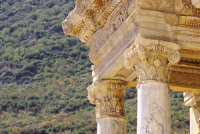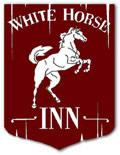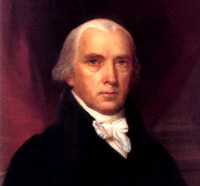Open and Shut
 Thursday, May 13, 2010 at 01:52PM
Thursday, May 13, 2010 at 01:52PM 
From the July 1, 2009 edition of Tabletalk
Q. What is the Office of the Keys?
A. The preaching of the Holy Gospel and Christian discipline; by these two the kingdom of heaven is opened to believers and shut against unbelievers.
(Heidelberg Catechism, Q&A 83)
Church discipline is one of those topics no one really wants to talk about. Not only do people fear that such discipline entails church officers snooping around in their private business and then outing their private sins to others in the church, church members also don’t want to be perceived as being judgmental toward others. If snooping is what biblical church discipline entails, then people would be right to be worried. Fortunately, this is not the case.
One example where church discipline is applied in the New Testament is in Paul’s first letter to the Corinthians. Paul describes a situation in which a member of the church (presumably a prominent member) has taken “his father’s wife.” Paul seems completely perplexed that someone could do such a thing. “It is actually reported that there is sexual immorality among you, and of a kind that is not tolerated even among pagans” (1 Cor. 5:1). Not only was this man’s behavior a violation of biblical commandments, but such an act was considered scandalous among pagans outside the church. Paul’s remedy for this was to excommunicate this man: “You are to deliver this man to Satan for the destruction of the flesh, so that his spirit may be saved in the day of the Lord” (v. 5).
To read the rest of this article, Click here











